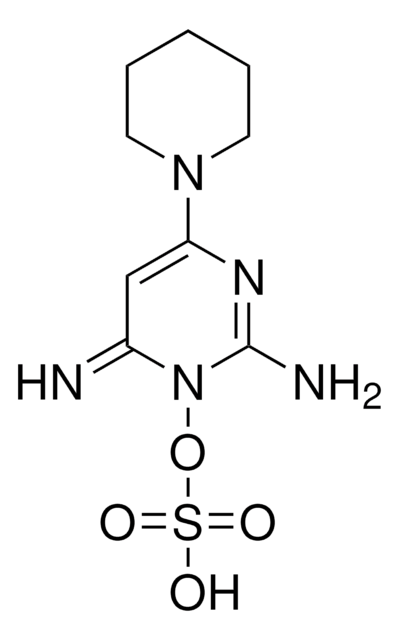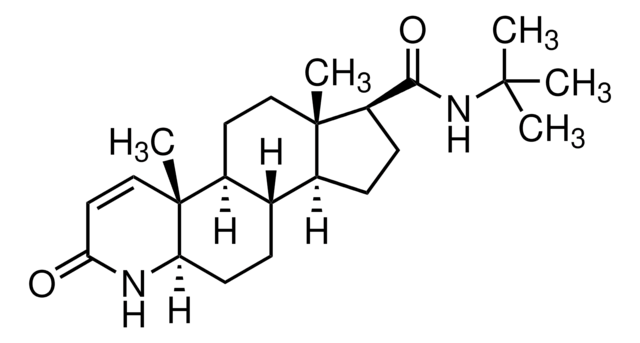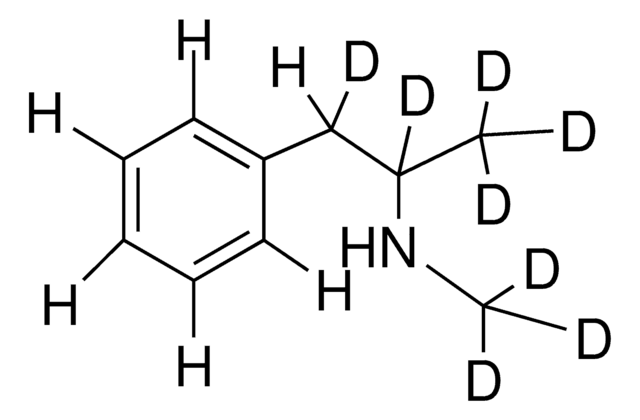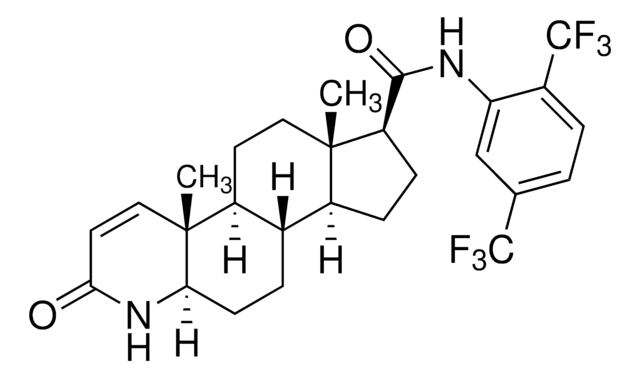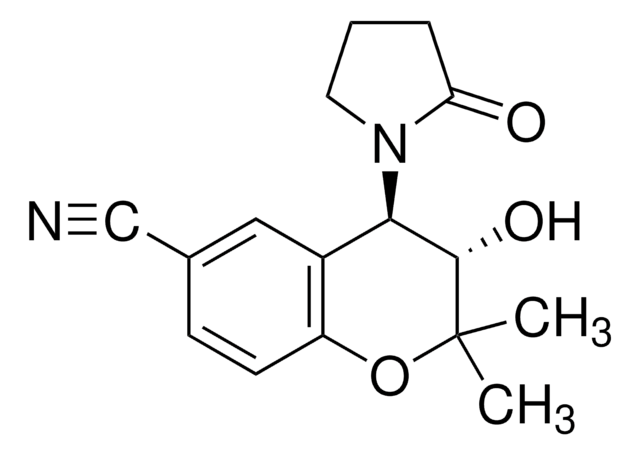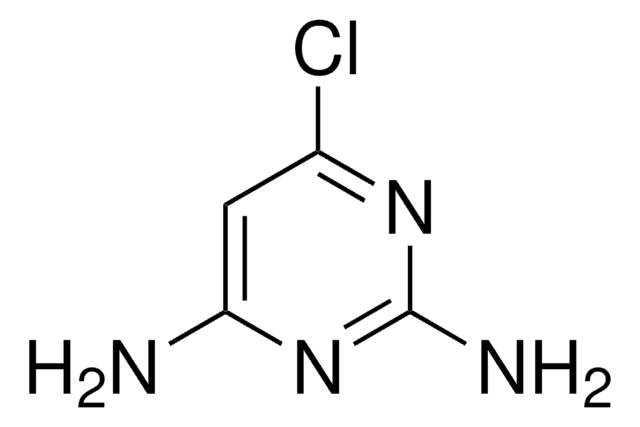M4145
Minoxidil
≥99% (TLC), powder, potassium channel activator
Synonym(s):
6-(1-Piperidinyl)-2,4-pyrimidinediamine 3-oxide, 6-(1-Piperidinyl)pyrimidine-2,4-diamine 3-oxide
About This Item
Recommended Products
Product Name
Minoxidil, ≥99% (TLC)
Quality Level
Assay
≥99% (TLC)
mp
272-274 °C (dec.) (lit.)
originator
Johnson & Johnson
SMILES string
NC1=CC(=NC(=N)N1O)N2CCCCC2
InChI
1S/C9H15N5O/c10-7-6-8(12-9(11)14(7)15)13-4-2-1-3-5-13/h6,11,15H,1-5,10H2
InChI key
ZIMGGGWCDYVHOY-UHFFFAOYSA-N
Gene Information
human ... KCNJ1(3758)
Looking for similar products? Visit Product Comparison Guide
Application
- in dermal papilla spheroid model, to study the effect of hair regeneration
- administered orally to experimental rats, in the approach to identify biomarkers of drug induced vascular injury
- administered via oral gavage to nonhuman primate model in order to study its effect on tilt responses
Biochem/physiol Actions
Features and Benefits
Signal Word
Warning
Hazard Statements
Precautionary Statements
Hazard Classifications
Acute Tox. 4 Oral - Eye Irrit. 2 - Skin Irrit. 2 - STOT SE 3
Target Organs
Respiratory system
Storage Class Code
11 - Combustible Solids
WGK
WGK 3
Personal Protective Equipment
Choose from one of the most recent versions:
Already Own This Product?
Find documentation for the products that you have recently purchased in the Document Library.
Customers Also Viewed
Our team of scientists has experience in all areas of research including Life Science, Material Science, Chemical Synthesis, Chromatography, Analytical and many others.
Contact Technical Service
